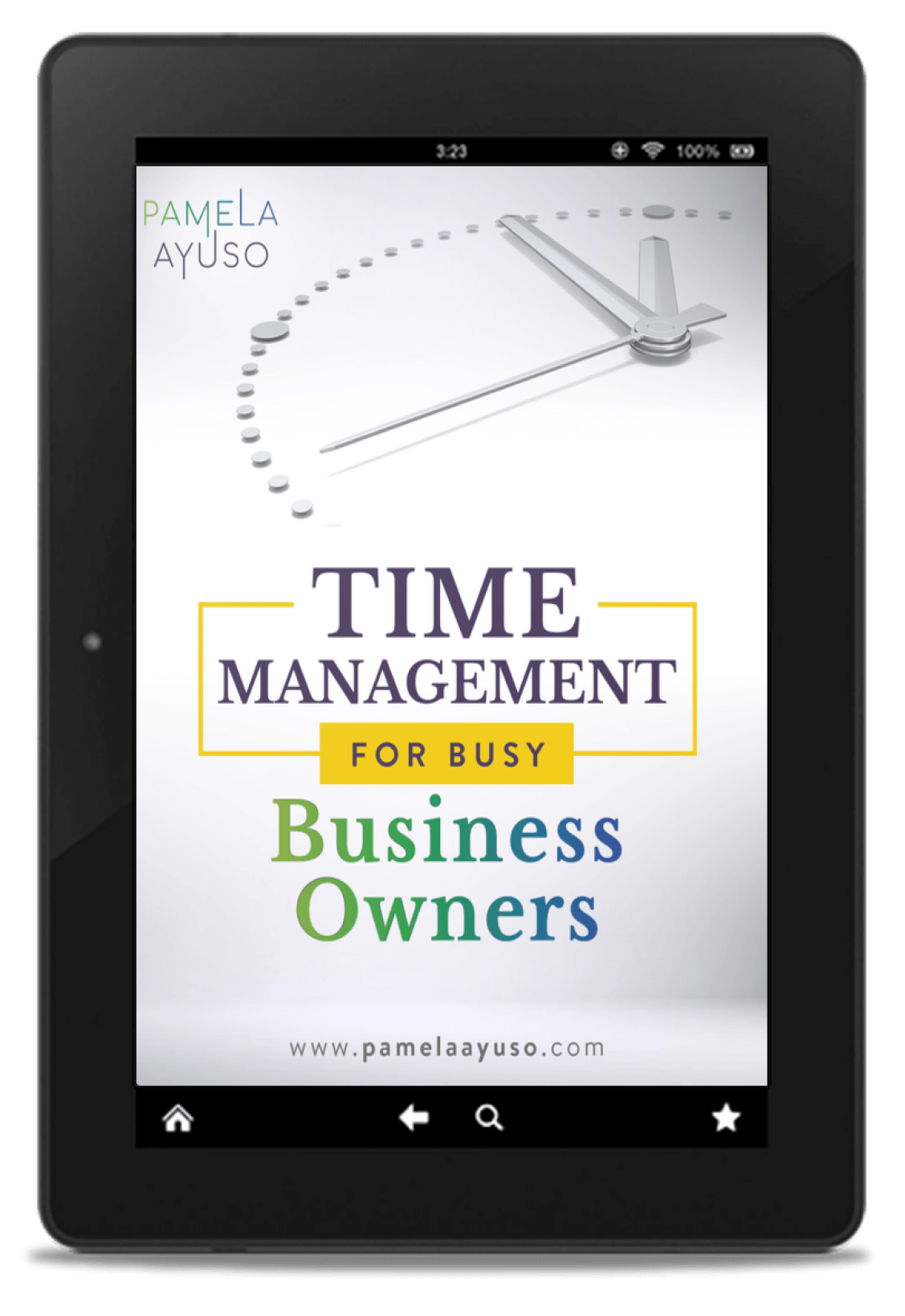As you advance in your career, the ability to delegate becomes more important. By delegating, you will have more time to focus on the work where you can add the most value. You will also provide space for others to get valuable training and move up in their careers. Take a moment today and assess your effectiveness in delegating.
To start, analyze your current workload. Some of the questions you can ask yourself are:
-
What are you doing today that you can delegate to free up time for yourself?
-
Is there a specific task that only you can do which you are neglecting to do something that another person on the team can do?
-
Can someone do part of the work you are doing more effectively (or efficiently) than you?
![[Photo: Craig Whitehead/Unsplash]](https://www.pamelaayuso.com/wp-content/uploads/2021/01/craig-whitehead-265721-unsplash.jpg)
[Photo: Craig Whitehead/Unsplash]
Where to Look
Not everything you do can be delegated. However, if you start to answer these questions and examine your workload, you may find areas that are easy targets.
Straightforward Tasks
There are certain activities which must be done but don’t require special training. These sometimes are very time-consuming and can drain valuable hours. Tasks such as these are the first ones to examine for work that can be delegated. Some examples are data entry, following up with vendors, obtaining quotes, and formatting documents. Straightforward activities can easily be delegated almost as soon as you decide to do it since not a lot of explanation is required to get started.
Tasks that Require Special Knowledge
Some activities are better left to an expert. If you are an entrepreneur, it is not uncommon to take on a variety of responsibilities when you don’t have all the available expertise in the firm. Taking on responsibilities that require special knowledge can happen even with the most structured disciplines, such as accounting. As time goes by, we continue to manage parts of the firm that don’t match our skillsets. When the company grows, it is better to let the experts handle these tasks. Your team members’ know-how will save you many headaches, and he or she will get the work done much more efficiently.
Tasks that You Can do Better but that Aren’t Critical
You may be holding on to a special category of activities that you do better/more quickly than anybody else on the team but are not strategic. Even though it may take another person more time than you, if your time is better spent elsewhere, it is time to delegate. This is especially true if you’re the best person for the project, yet there is still a portfolio of other tasks on your to-do list that only you can complete. Delegate those tasks as well. It is important to delegate, even if you can do the work twice as quickly, but it is preventing you from doing strategic work. You will be able to train the person to do a good job, and you may even be surprised by how quickly the new person is sometimes able to do an even better, more consistent job.
![[Photo: Wahyn Kurniawan/Unsplash]](https://www.pamelaayuso.com/wp-content/uploads/2021/01/wahyu-kurniawan-369149-unsplash.jpg)
[Photo: Wahyn Kurniawan/Unsplash]
Delegating is beneficial not only for you, but it will also help your team grow and flourish. You will give someone else the opportunity to move up professionally and obtain valuable training. We all start by learning the basics, and this is your chance to give someone else the space to start learning with you. I recommend delegating areas, not just the tasks themselves, if possible. For example, if you can delegate not just the presentation that needs to be formatted but the entire preparation for the presentation, it will be much more valuable to your team member. He or she will find the work more motivating and will learn more from the experience.
Delegating is not over after the initial assessment and transfer of responsibilities. Work that you have taken on, which you have not realized you can delegate, will start to creep in sometimes without notice. It’s important to pay constant attention to see what you are doing. Your time should be spent where only you can make a difference.



